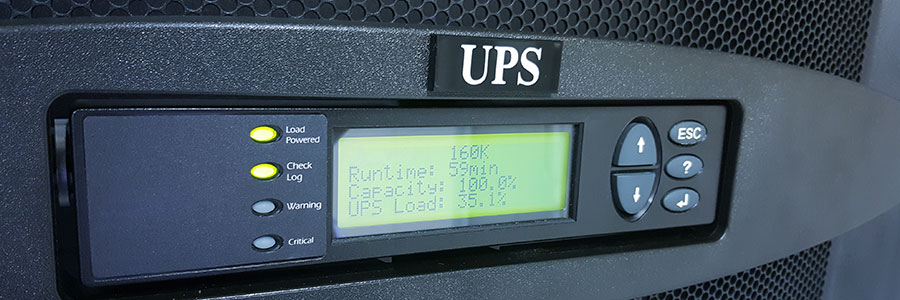Data is an integral part of your business. You use it to build marketing strategies, forge customer relationships, and much more. Losing important client and company information can be harmful to the health of your business. Here are backup solutions you should implement to ensure the safety of your data.
Keep your data safe with these backup solutions
How does the cloud support business continuity?

Having a business continuity plan ensures that you have constant access to your business’s data, even when a disaster strikes your locale. Understandably, your choice of backup storage media will be critical to the success of such a plan. In this blog, we’ll discuss why the cloud is the ideal place to keep your company’s data backups.
What is the value of managed IT services in healthcare?

The healthcare industry is relying on tech more than ever. Between implementing telemedicine, adopting data management best practices, and juggling countless other recent tech developments, managing business IT is a complex task, and so is best done by a managed IT services provider (MSP). Let’s explore the benefits of partnering with one:
MSPs guarantee quick response times
Constant system uptime and availability can be a matter of life and death in the healthcare industry, which makes quick IT support response times crucial for any healthcare practice.
Why you should use a UPS for network hardware

Power outages are a major inconvenience to businesses. Even a few hours without electricity can lead to thousands of dollars in lost productivity and revenue. Fortunately, there’s something businesses like yours can do to reduce the effects of power outages, and that’s using an uninterrupted power supply (UPS) for your computers and networking equipment.
Ignore these outdated disaster recovery myths
Here’s why your SMB needs a business continuity plan

A variety of untoward events can disrupt the operations of small- to medium-sized businesses (SMBs), including natural disasters or cyberattacks. These incidents can cause SMBS to lose revenue, or in some extreme cases, close permanently. Fortunately, having a concrete business continuity plan (BCP) in place will help your business recover quickly after a disaster.
Top reasons why business continuity plans fail
How ready is your business for hurricanes?

As hurricanes are a common event in many areas of the United States, business owners must take steps to secure their data. In this blog, we provide steps that will help you quickly recover your data and get back to business following a hurricane.
Determine recovery hierarchy
Certain parts of your IT system are more mission-critical than others.






You must be logged in to post a comment.